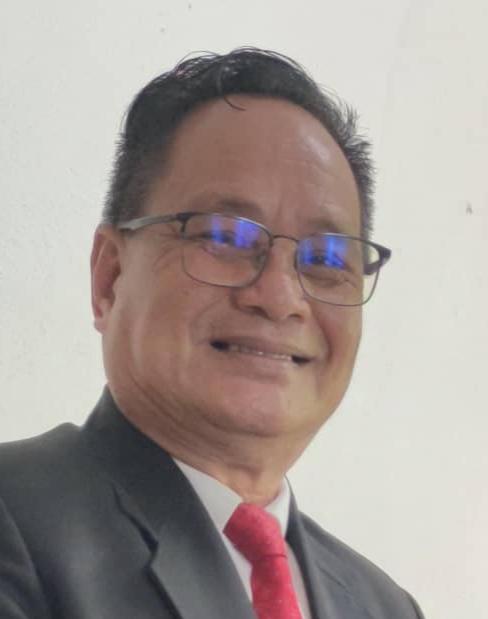By Dr. Jikat Binol Darimbang
Sabah’s local political history is like a political movement that fights for a vision and mission to gain full autonomy. The main key to getting full autonomous power will only become a reality if all local parties are united and have the same goals despite different ideologies or beliefs as a guide for social and political movements.
Throughout Sabah’s political history, the theme of autonomous power has been a recurring theme in the state’s political landscape. In this context, the main leaders of Sabah political parties must be brave and must work as a team.
Local parties such as PBS, STAR, PGRS, KDM, UPKO, and WARISAN should dare to reflect on themselves to achieve the dream of full autonomy that can be achieved in the 17th general election.
GRS is a coalition of political parties that currently governs the state of Sabah. The coalition is seeking to achieve success in the upcoming state elections. To achieve this goal, the GRS coalition cannot fight alone but needs the support of local parties that have the same goal.
Sabah is one of the states in Malaysia that has various ethnicities and cultures. In the political world, Sabah has a unique history of political development that is influenced by geographical, cultural, ethnic, and colonial history.
In that regard, the views of Sabah’s local parties, such as UPKO, KDM, and WARISAN, regarding autonomous power, have the same dream to fight for the same thing, which is to unite the same ideology and work together to benefit the people of Sabah.
From one point of view, local party components such as what happened in Sarawak can be seen as an example that is taken into account as a positive step in strengthening political stability in Sabah and ensuring the development of the state runs smoothly. By joining forces, local party components can provide a strong platform to fight for the interests of the people of Sabah and bring about positive changes in the state administration.
Nevertheless, there are also critical views on the unification of local party components. Some parties see this unification as a purely pragmatic political act aimed solely at achieving success in the elections. Criticism was also thrown at the potential failure of this unification due to differences in ideology and approach among the components of Sabah’s local parties. This raises concerns about Sabah’s political stability after the next state election if local party components fail to work together to fight for a common doctrine.
In the future, the influence of local party components that should be one voice and one soul of the struggle, which is the autonomous power of the next state election, will continue to be an important focus in Sabah politics. It is important to ensure that the strength of the coalition can be maintained and strengthened while overcoming the challenges and differences between the components involved.
The future of Sabah politics depends on the ability of the party components in the local party to unite and cooperate for the common interest of the people of Sabah.
In conclusion, local parties should see that this election is a people’s referendum to obtain autonomous power and be free from the interference of non-party local party power.
Although there are various perspectives regarding the unification of local party components, it is important to take into account the common interests in achieving Sabah’s political success in the future. With solid and continuous cooperation among all components of the local party, the hope of achieving success in the next state election is more likely to be achieved.


